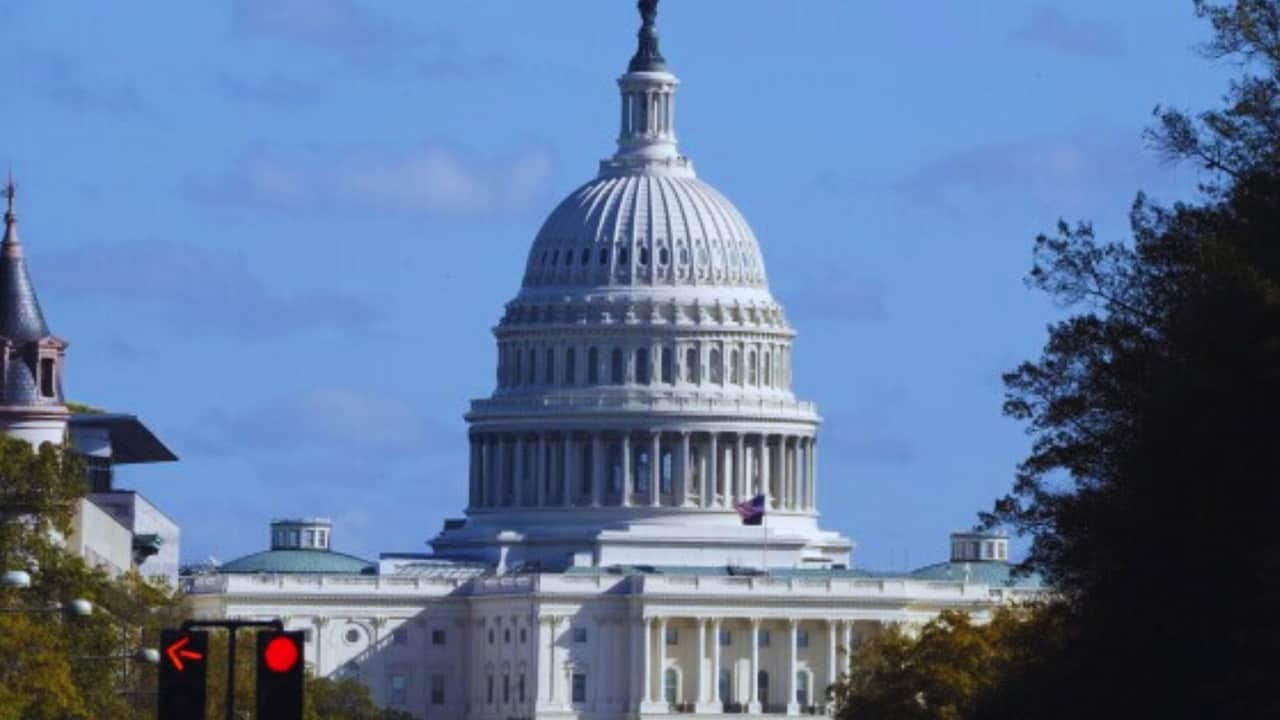GOP Secures House Majority, Completing Republican Control of Washington
In a pivotal moment for American politics, Republicans have secured control of the House of Representatives, cementing total Republican control of Washington alongside President-elect Donald Trump’s return to the White House. This victory marks a significant shift in the political landscape, with far-reaching implications for the nation’s future.
The numbers behind the victory
Decision Desk HQ confirmed the Republican Party’s victory after they clinched their crucial 218th seat on Monday evening. While several races in California remain uncounted, the GOP is poised to maintain a slim majority in the lower chamber, though the final margins remain uncertain.
This outcome is shaped by notable victories and defeats.
- Republican Victories:
- Key incumbents like Don Bacon (R-Neb.) and David Valadao (R-Calif.) held their seats.
- Ryan Mackenzie defeated Rep. Susan Wild in Pennsylvania.
- Rob Bresnahan unseated Rep. Matt Cartwright in another Pennsylvania upset.
- Democratic Gains:
- Three first-term New York Republicans lost their seats.
- Rep. Lori Chavez-DeRemer (R-Ore) was defeated
Leadership and Future Plans
Speaker Mike Johnson has emerged as a central figure in this victory. Once relatively unknown, Johnson has quickly risen to become a key player in both legislative matters and campaign strategy. During his victory speech at Mar-a-Lago, Trump recognized Johnson’s leadership alongside House Majority Leader Steve Scalise and House GOP Chair Elise Stefanik.
The Republican leadership has already begun mapping out their first 100-day agenda, which includes:
- Extending Trump-era tax cuts
- Increasing border wall funding
- Rolling back climate initiatives
- Expanding school choice programs
Challenges Ahead
Despite their victory, Republicans are faced with several challenges:
- Slim Majority Challenges: The narrow margin could pose challenges in passing legislation, similar to those encountered in the previous term.
- Leadership Stability: Retaining Speaker Johnson’s position in January 2025 will require nearly unanimous Republican support.
- Internal Party Dynamics: Recent history, including the removal of former Speaker McCarthy, highlights the potential for intraparty disputes.
Transition in Progress
As the new Congress takes shape, Trump’s transition team is moving quickly to fill key positions:
- Elise Stefanik is named as the UN Ambassador.
- Stephen Miller appointed Deputy Chief of Staff for Policy.
- Lee Zeldin was selected to lead the EPA.
- Rep. Michael Waltz is tapped for National Security Advisor.
Immediate legislative priorities
The current Congress faces urgent deadlines before the transition, particularly:
- Legislation for government funding is due by December 20.
- There could be potential delays in major legislation as conservatives push to wait for the new administration.
Campaign strategy insights
NRCC Chair Richard Hudson attributed their success to strategic innovations:
- Cost-effective TV ad spending through candidate partnerships
- We have enhanced our ground game with over 40 field offices.
- Targeted focus on battleground districts
This Republican trifecta—control of the House, Senate, and White House—sets the stage for significant policy changes in 2025. However, the slim margins in Congress suggest that careful negotiation and party unity will be crucial for implementing the Republican agenda.
